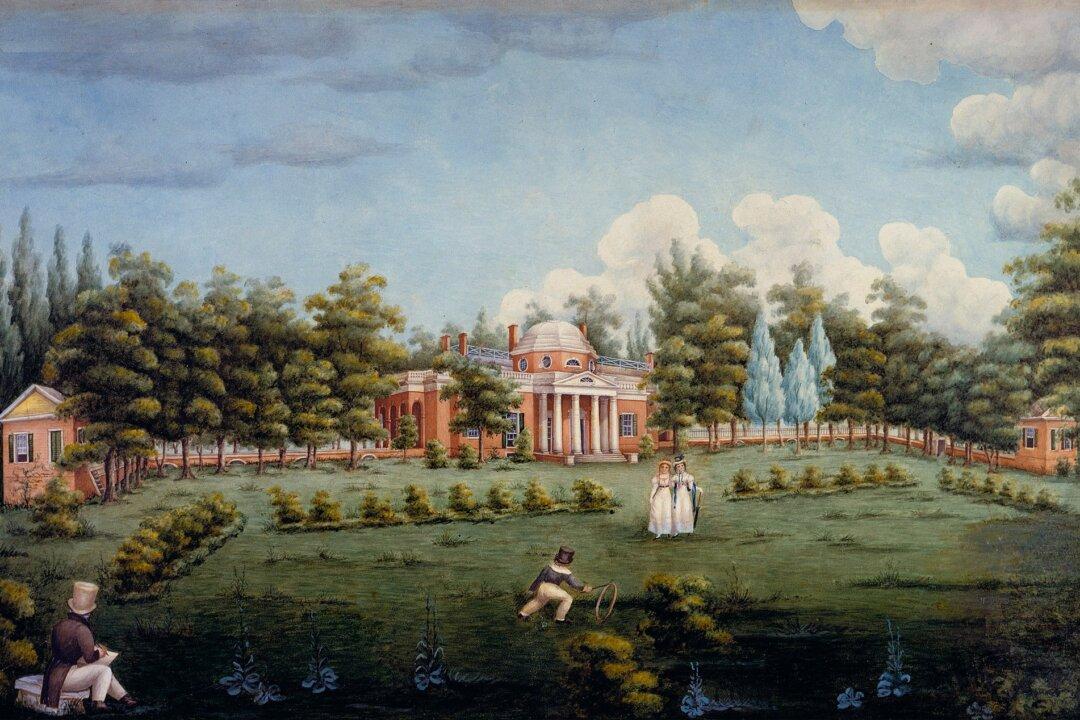It was the spring of 1781, and war had come to Virginia.
Many Virginians were fighting elsewhere with George Washington’s forces, weakening the ability of the state to resist British advances. King George’s troops, some of them commanded by defector Benedict Arnold, had earlier that winter conducted raids and fought skirmishes with Americans along the James River. In May, these soldiers hooked up with the forces of Lord Cornwallis, who had marched his men up from North Carolina. In less than six months, this army would surrender to the Americans and French at Yorktown, but for now, they faced only light resistance and moved handily throughout the eastern part of Virginia.






